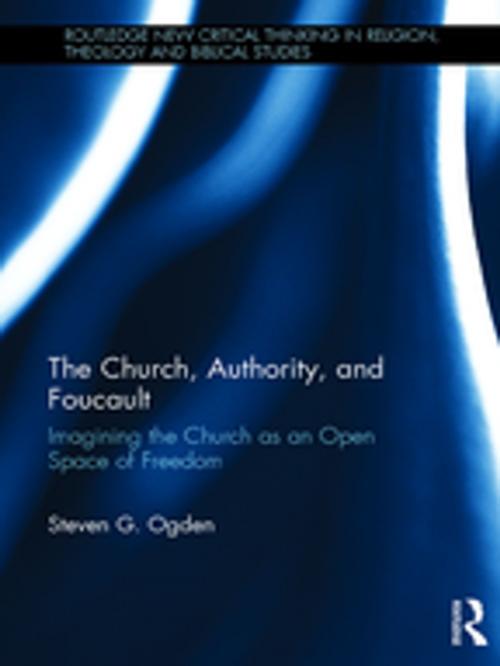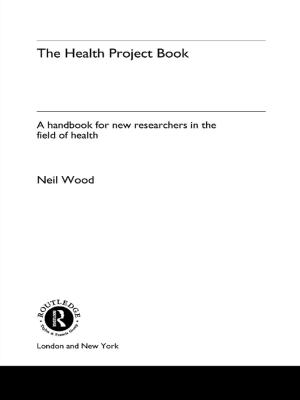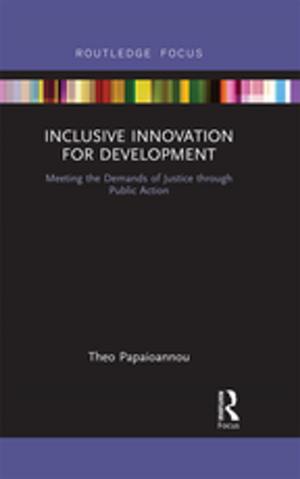The Church, Authority, and Foucault
Imagining the Church as an Open Space of Freedom
Nonfiction, Religion & Spirituality| Author: | Steven G. Ogden | ISBN: | 9781317038191 |
| Publisher: | Taylor and Francis | Publication: | February 3, 2017 |
| Imprint: | Routledge | Language: | English |
| Author: | Steven G. Ogden |
| ISBN: | 9781317038191 |
| Publisher: | Taylor and Francis |
| Publication: | February 3, 2017 |
| Imprint: | Routledge |
| Language: | English |
The Church, Authority, and Foucault addresses the problem of the Church’s enmeshment with sovereign power, which can lead to marginalization. Breaking new ground, Ogden uses Foucault’s approach to power and knowledge to interpret the church leader’s significance as the guardian of knowledge. This can become privileged knowledge, under the spell of sovereign power, and with the complicity of clergy and laity in search of sovereigns. Inevitably, such a culture leads to a sense of entitlement for leaders and conformity for followers. All in the name of obedience.
The Church needs to change in order to fulfil its vocation. Instead of a monarchy, what about Church as an open space of freedom? This book, then, is a theological enterprise which cultivates practices of freedom for the sake of the other. This involves thinking differently by exploring catalysts for change, which include critique, space, imagination, and wisdom. In the process, Ogden uses a range of sources, analysing discourse, gossip, ritual, territory, masculinity, and pastoral power. In all, the work of Michel Foucault sets the tone for a fresh ecclesiological critique that will appeal to theologians and clergy alike.
The Church, Authority, and Foucault addresses the problem of the Church’s enmeshment with sovereign power, which can lead to marginalization. Breaking new ground, Ogden uses Foucault’s approach to power and knowledge to interpret the church leader’s significance as the guardian of knowledge. This can become privileged knowledge, under the spell of sovereign power, and with the complicity of clergy and laity in search of sovereigns. Inevitably, such a culture leads to a sense of entitlement for leaders and conformity for followers. All in the name of obedience.
The Church needs to change in order to fulfil its vocation. Instead of a monarchy, what about Church as an open space of freedom? This book, then, is a theological enterprise which cultivates practices of freedom for the sake of the other. This involves thinking differently by exploring catalysts for change, which include critique, space, imagination, and wisdom. In the process, Ogden uses a range of sources, analysing discourse, gossip, ritual, territory, masculinity, and pastoral power. In all, the work of Michel Foucault sets the tone for a fresh ecclesiological critique that will appeal to theologians and clergy alike.















